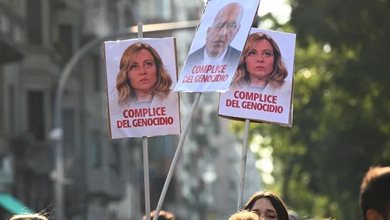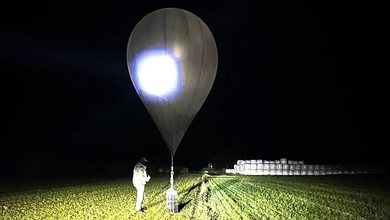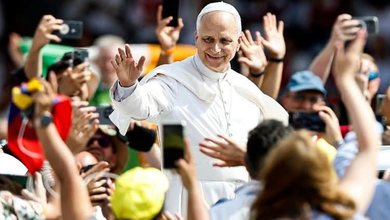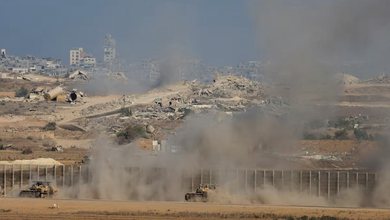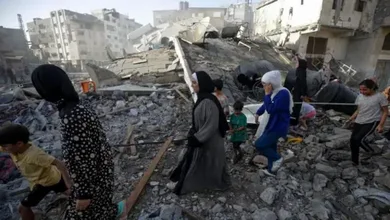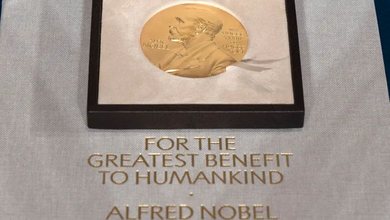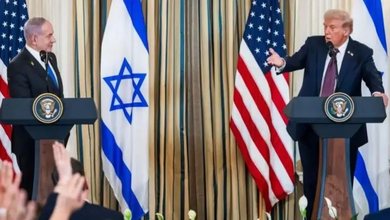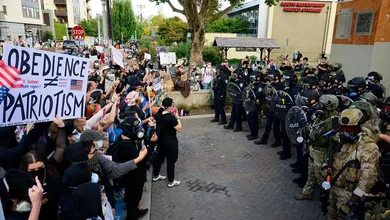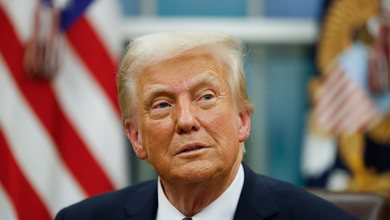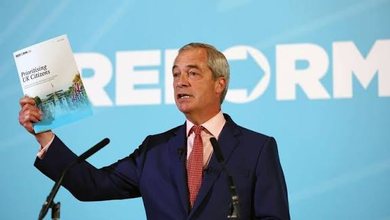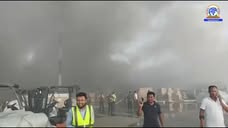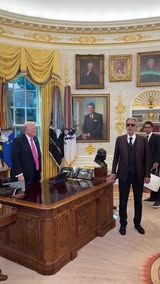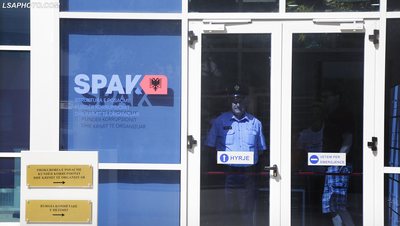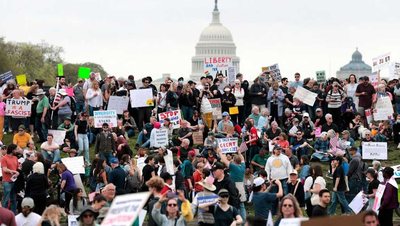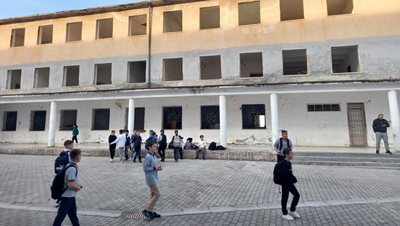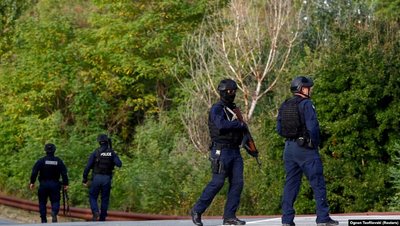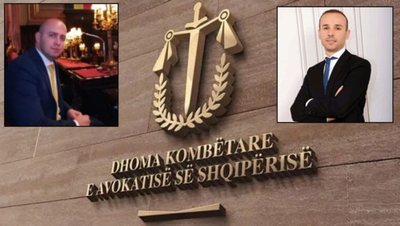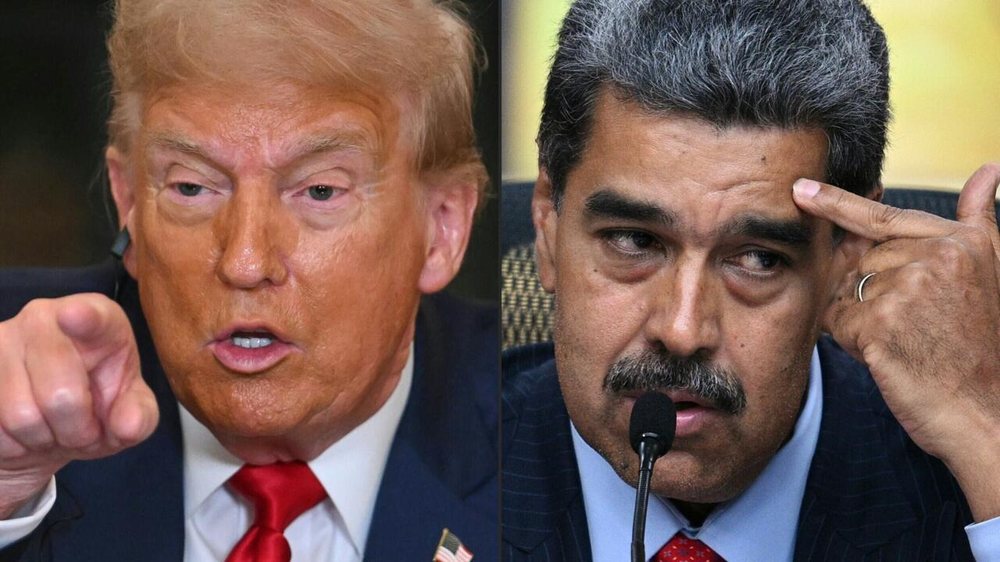
The US is engaged in an "armed conflict" with drug cartels, US President Donald Trump said in a memo sent to Congress last week.
The letter was intended to provide legal justification for the US military's attacks on speedboats carrying suspected drug traffickers. At least 21 people have been killed so far.
But the legality of these military operations, in foreign or international waters, against suspects who have not been arrested or questioned, has been the subject of controversy.
The Trump administration's Justice Department has drafted a legal opinion that it is legal for the US military to carry out deadly strikes, CNN reported this week, while the same source said President Trump has authorized the CIA to conduct operations in the region using deadly force.
US Attorney General Pam Bondi, who appeared before the US Congress yesterday, avoided confirming this information.
"What I can tell you is that Maduro is a narco-terrorist," Bondi said, noting that her department is offering a $50 million reward for information leading to his arrest. "He has been prosecuted in our country," she added.
Trump "has lost his patience"
Washington claims that the Venezuelan president is the head of a large drug trafficking network destined for the American market.
Caracas categorically denies the claim and accuses the US government of seeking a pretext to carry out "regime change" and seize the Latin American country's oil reserves, which are among the largest in the world.
Evan Ellis, a researcher at the US Army War College, believes it is possible that Washington will try to "bring Maduro to justice".
Faced with the deployment of an armada of warships and state-of-the-art fighter jets to the region, Caracas has conducted military exercises and mobilized a reserve force.
"I have a feeling that President Trump has lost his patience," commented Ellis, who worked in the administration during the Republican tycoon's first term.
Nicolas Maduro sent a letter to the US president asking that dialogue between the two countries continue.
The White House rejected the offer.
Will President Trump push for regime change in the country where the opposition claimed victory in the 2024 presidential election and insists that President Maduro's re-election, which Washington and part of the international community did not recognize, was fraudulent?
"We're not talking about that, but we're talking about the fact that there were elections there that were very strange, to put it mildly," a White House official said yesterday.
"I can say that billions of dollars in drugs are flooding into our country from Venezuela. Venezuela is a very bad actor," Donald Trump added.
Frank Mora, a former deputy secretary of defense during former Democratic President Barack Obama's first term, does not rule out US attacks on Venezuelan soil against traffickers.
"Deploying a fleet of warships to do nothing, or just destroy a few ships overboard... I don't think President Trump and his administration have that in mind," he told AFP.
"The president says he wants to dismantle drug trafficking," but "at the same time his hope is that this will lead to the overthrow of the regime," he added.
White House spokeswoman Caroline Levitt declined to provide details about the administration's plans, but stressed yesterday that it is "transparent and clear about its vision for the illegitimate Maduro regime."
However, Evan Ellis believes it is not impossible that President Trump "could make a deal that satisfies him and move on to something else."


